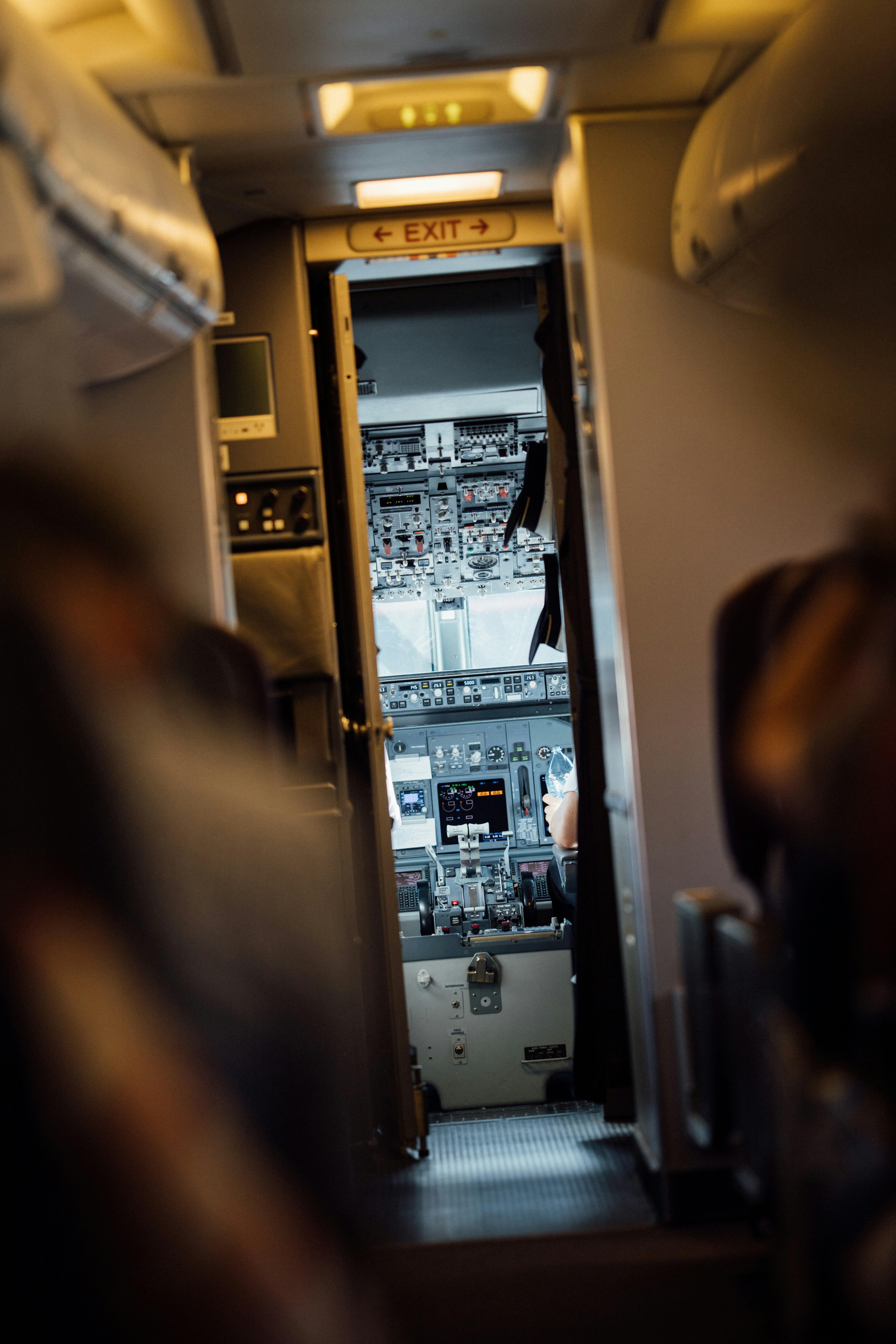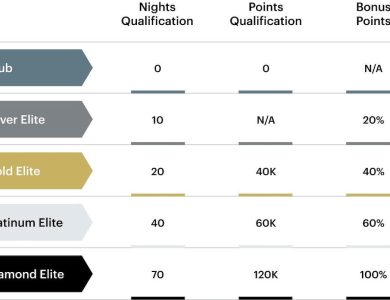
In an era where frequent flyer programs and travel rewards have become integral components of the airline industry, the question of whether to pay extra for the opportunity to earn additional miles has garnered significant attention. As travelers increasingly seek to maximize their benefits, airlines have responded with a variety of options that promise enhanced rewards in exchange for a premium. This article delves into the complexities of these offerings, examining the potential advantages and drawbacks. By analyzing factors such as cost, reward value, and personal travel habits, we aim to provide a comprehensive overview that will assist readers in making informed decisions about whether paying extra for more miles aligns with their travel goals and financial priorities.
Evaluating the Cost-Benefit Ratio of Extra Mile Purchases
When contemplating whether to spend extra money to acquire more frequent flyer miles, it’s crucial to conduct a thorough cost-benefit analysis. The primary consideration is the value of the miles being purchased compared to their cost. Miles can vary significantly in worth, often depending on how and when they are redeemed. For instance, using miles for international flights in premium classes can provide substantial value, while redeeming them for domestic economy flights may offer less. Therefore, before making a purchase, one should evaluate the potential redemption scenarios to ensure the miles’ value exceeds the purchase price.
Consider the following factors when assessing the decision:
- Current Promotions: Airlines occasionally offer bonus miles or discounts that could enhance the value of your purchase.
- Upcoming Travel Plans: If you have specific trips planned, calculate whether buying extra miles would result in significant savings.
- Expiration Dates: Check the expiration policies of the miles to avoid losing them before they can be utilized effectively.
- Alternative Options: Explore other methods to earn miles, such as credit card rewards or promotions, which might offer better value.
Ultimately, the decision hinges on personal travel goals and financial considerations, making it essential to weigh these factors carefully.
Understanding the Impact on Travel Rewards and Status
The decision to pay extra for additional miles can significantly influence your travel rewards and status within airline loyalty programs. Frequent flyer programs often use a tiered system, where earning more miles not only brings you closer to free flights but also propels you toward elite status. Achieving a higher status can unlock a variety of perks such as priority boarding, free checked bags, and even complimentary upgrades. For those who travel often, these benefits can enhance the travel experience, making the additional cost of earning miles seem worthwhile.
When evaluating the impact on your travel rewards and status, consider the following factors:
- Cost-Benefit Analysis: Calculate the monetary value of the benefits you receive at higher status levels versus the cost of purchasing additional miles.
- Frequency of Travel: If you travel frequently, reaching higher status can lead to substantial savings and enhanced experiences over time.
- Program Structure: Different programs offer varying benefits; understanding the specific perks associated with each tier can help you make an informed decision.
In essence, the choice to invest in extra miles should be weighed against the tangible and intangible benefits you stand to gain, as well as how these align with your travel goals and habits.

Comparing Airline Programs for Optimal Mile Accumulation
When evaluating airline loyalty programs for maximizing mile accumulation, it’s crucial to consider the unique features and benefits each program offers. Frequent flyer programs differ significantly in terms of mileage earning potential, partner networks, and tier benefits. Some airlines may provide bonus miles for premium class tickets, while others offer promotions for booking through their app or flying during off-peak times. To make an informed decision, it’s beneficial to assess your travel habits. For instance, if you frequently fly on specific routes, choosing an airline with a generous partner network could yield more opportunities to earn miles.
- Sign-Up Bonuses: Many airlines offer substantial mile bonuses for new members, often with conditions such as meeting a minimum spend.
- Credit Card Partnerships: Co-branded credit cards can significantly boost your mileage earnings through everyday purchases and special offers.
- Elite Status Perks: Higher tiers often come with mileage multipliers and access to exclusive promotions, enhancing your mile accumulation.
Ultimately, whether paying extra for a higher class of service or additional miles is worthwhile depends on your personal travel goals and financial situation. Evaluating the long-term benefits, such as free flights or upgrades, against the immediate costs will help you determine if the investment aligns with your travel strategy.

Strategic Recommendations for Frequent Flyers
- Evaluate Your Travel Patterns: Frequent flyers should first analyze their travel habits. Consider how often you fly, the airlines you use, and your typical destinations. This analysis helps determine if paying extra for miles aligns with your travel goals. If your travels are primarily for business and often cover long distances, the additional miles might prove beneficial.
- Assess Loyalty Program Benefits: Investigate the perks associated with each loyalty program. Some airlines offer tiered benefits that include lounge access, priority boarding, and baggage allowances. Weigh these perks against the cost of earning extra miles. If these benefits enhance your travel experience significantly, the investment may be justified.
- Consider Opportunity Costs: Analyze the opportunity costs of spending extra money to earn miles. Could this expenditure be better utilized elsewhere, such as upgrading a seat or investing in travel insurance? Additionally, assess if the extra miles will expedite reaching a reward threshold, such as a free flight or an upgrade.



